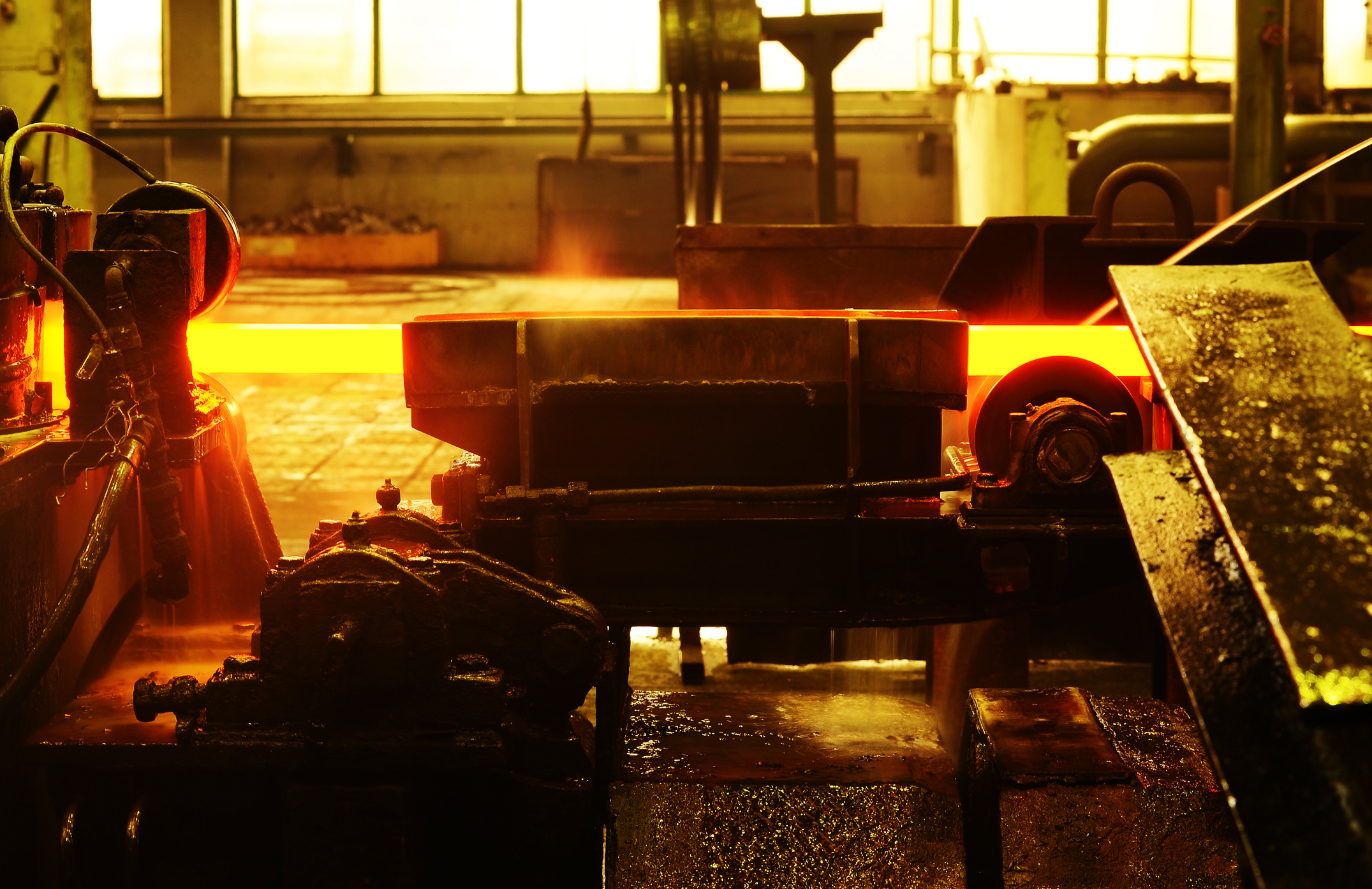Open vs. Closed Die Forging—What’s the Difference?
One of the many things that makes CanForge exceptional is our ability to satisfy our customers’ open and closed die forging needs.
Canada Forgings Inc. is one of the few companies in North America equipped to supply all sections of the forging market. Our open die plant occupies 220,000 square feet of space in the heart of Welland, Ontario.
CanForge is currently equipped to produce open forgings up to 40,000 pounds and seamless rolled rings up to 128 inches in diameter. We can also deliver hollow bored shafts up to 30 feet in length and offer rough machining, as well as a variety of other value-added services, to deliver finished parts machined to our customers’ exact specifications.
Just minutes from the open die site is our 80,000 square foot closed die plant which is equipped with double action air hammers weighing from 2,500 pounds to 10,000 pounds. This facility can forge products up to 450 pounds in a wide range of materials, including carbon, low alloy steel, aluminum, stainless steel, titanium, amongst others. 
But what is the difference between open and closed die forging?
Simply put—open die forging is the process of deforming a piece of metal using dies that do not fully enclose the material, while closed die forging exerts pressure to fill an enclosed die impression.
Open die forging
In open die forging, sometimes called free or smith forging, the dies hammer or stamp the material through a series of compressions until the desired shape is achieved. Due to the nature of this method of production, products shaped through open die forgings must often undergo secondary machining and refining to reach their final form and meet the level of tolerance required for their specific applications.
The metal is compressed between flat, semi-round, or V-shaped dies which press the metal into the desired shape through a series of repetitive movements. For this reason, open die forging is best for simple rather than complex shapes, including discs, rings, sleeves, cylinders, and shafts, as well as some custom shapes.
Among the many benefits of open die forging is its miniscule tooling cost, reduced lead time, and variety of size options. Open die forged products also have better fatigue resistance, an improved microstructure, and a continuous grain flow and finger grain size, which means they are stronger and sure to last a long time. They also produce less material waste, with a reduced chance of voids.
Closed die forging
In closed die forging, a piece of metal is moulded using one or more custom-shaped dies. In this process, the metal is hammered or pressed into the bottom die and compressed until the object takes the shape of the particular mould. This means that closed die forgings require little to no machining after the fact.
In the aftermath, the material excess or run-off, known in the industry as “flash,” helps to strengthen the forging by encouraging the metal to flow into the details/crevices of the mould, thereby strengthening its overall grain structure. This excess, or “flash,” is then mechanically removed while the part is still hot.
Because the moulding dies used in closed die applications must be precision machined, the cost of closed die forging is often higher than open die. It is best suited for large production runs that require a higher degree of precision than open die forging can offer. Finished products often yield a better surface finish and net shape, with a strong, tight internal grain structure.
So, which is better?
It is futile to claim that one process is better than the other. While both processes have their strengths and weaknesses, the advantage of one over the other ultimately depends on the needs of the component. Some projects are better suited to open die forging while others require the precision that can only come from closed die forging.
But one thing is for sure—no matter what the project, CanForge has your open and closed die forging needs covered! Contact us today to learn more about what we can do for you, or easily request a quote using our streamlined online form here!
